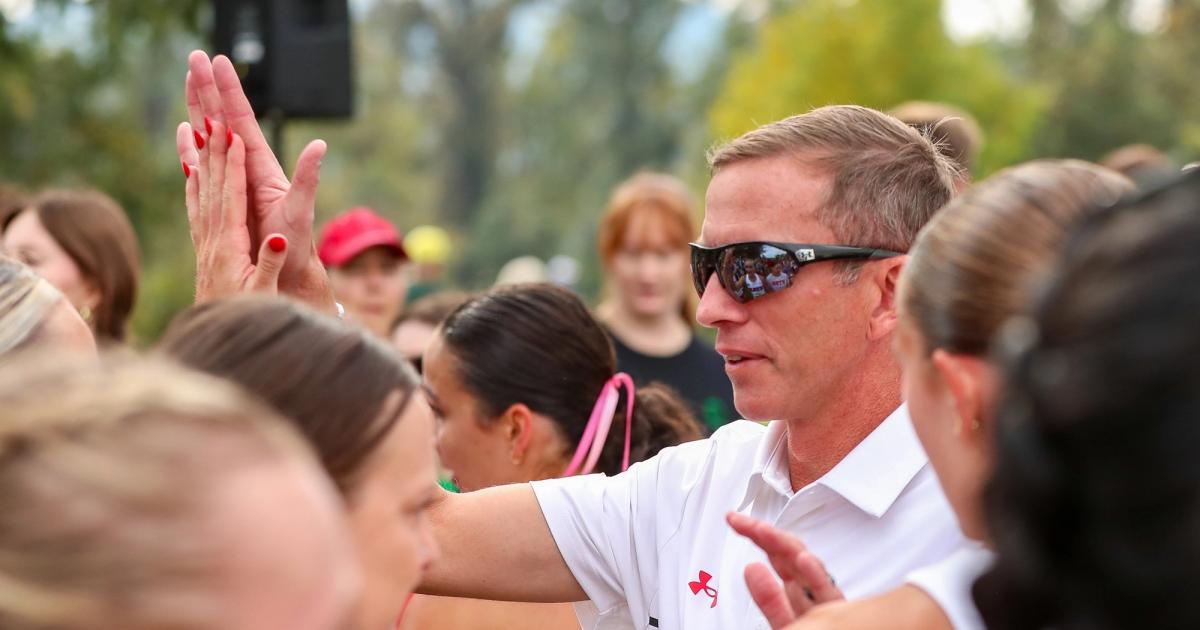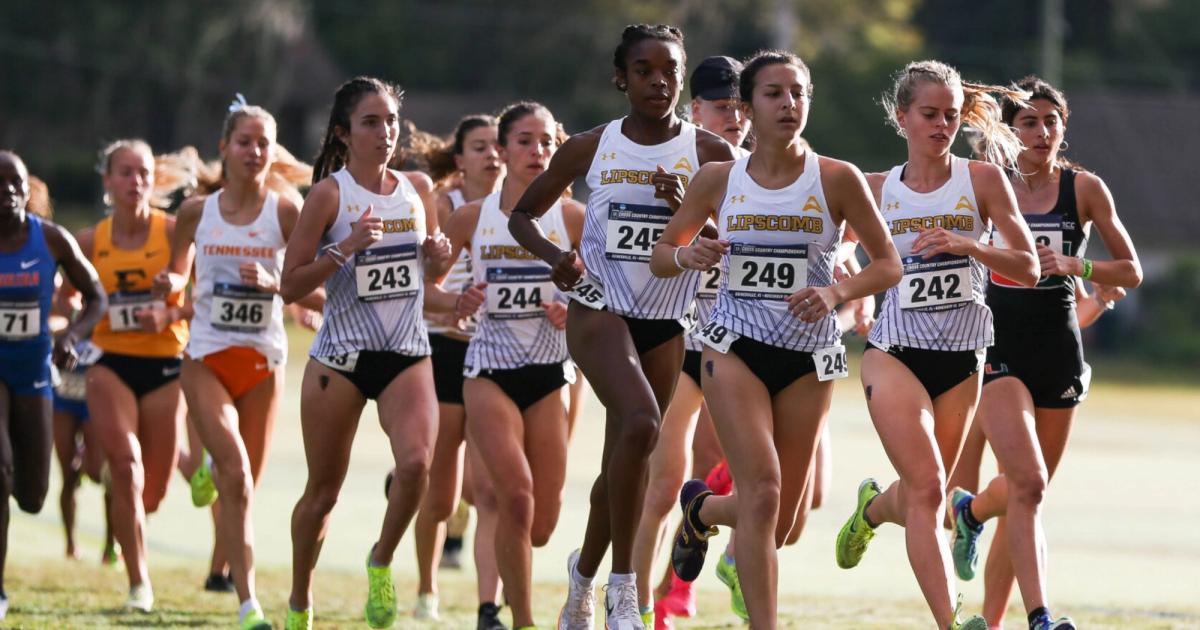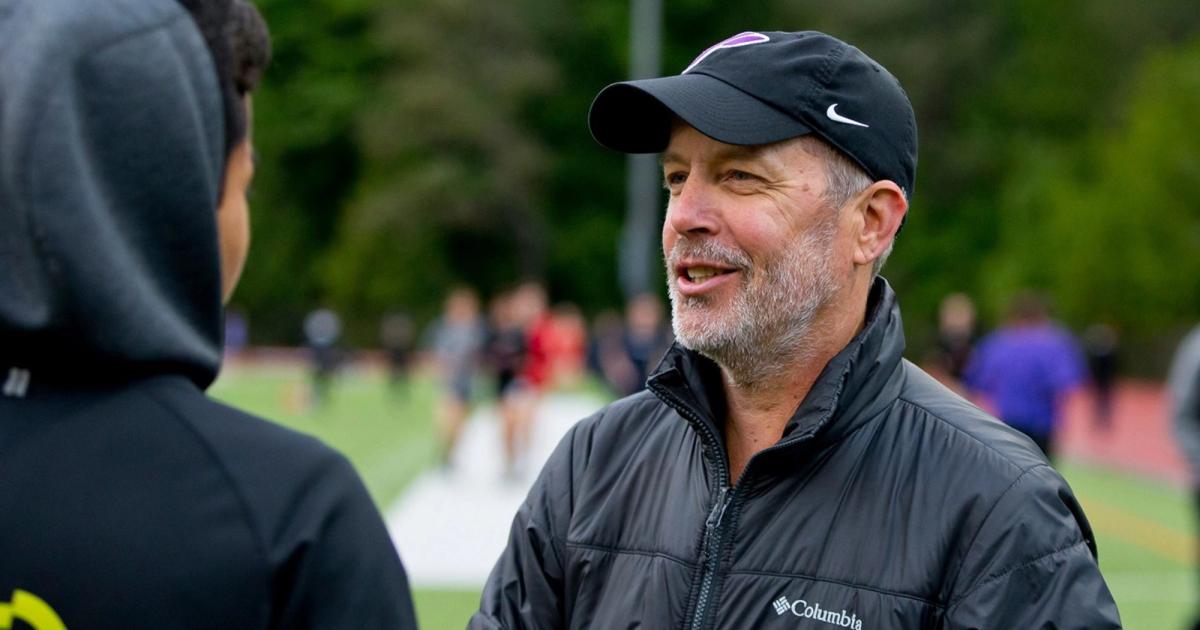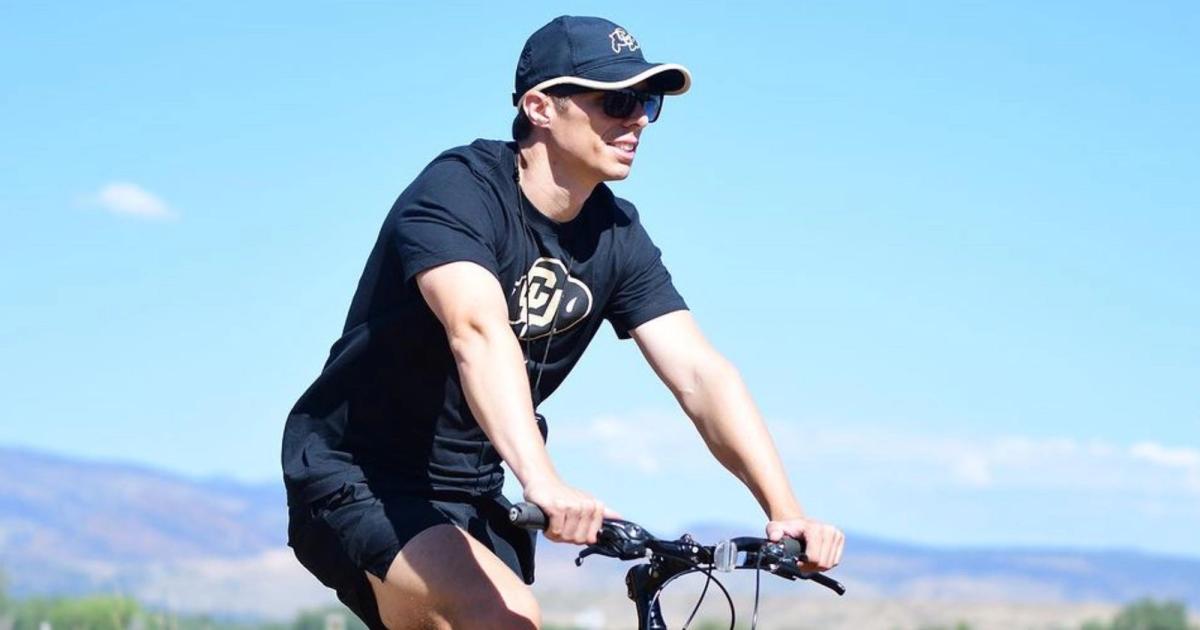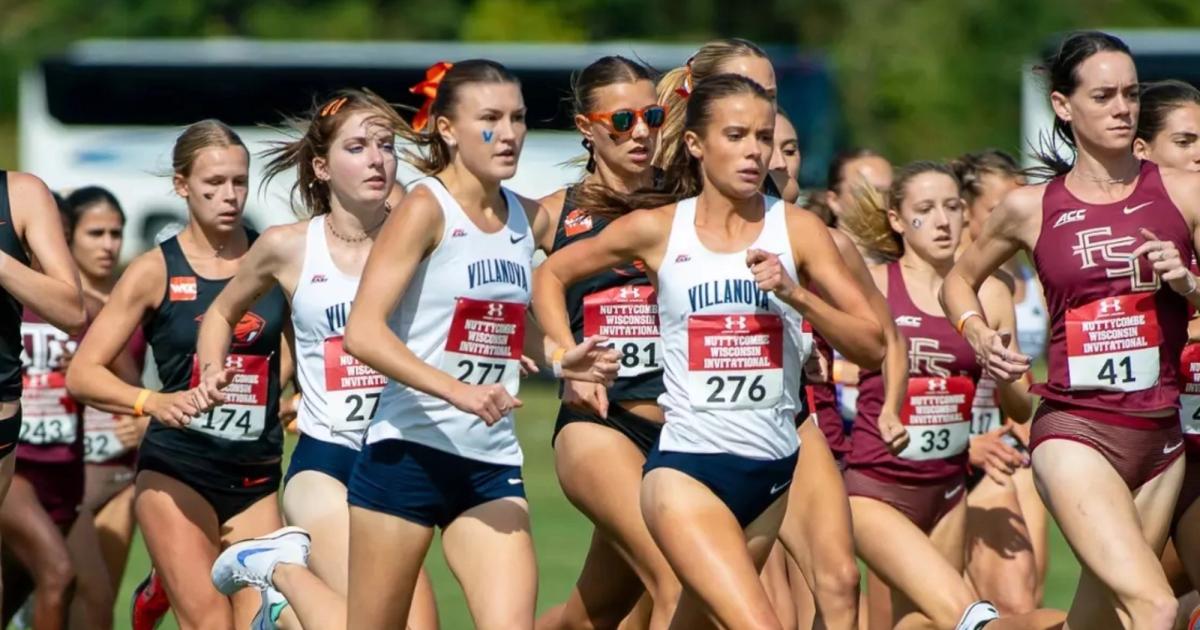By Jasmine Fehr
October 29, 2024
"It's not just about the the five scorers or the seven runners at the NCAA Championship. It takes the entire roster to make this happen. And fortunately, we have a great roster."
Kyle Kepler, Head Coach of Utah’s Cross Country and Track teams, joined us for this week’s coach spotlight. Kepler is in his 20th year at the helm of Utah’s program and has steadily improved the Utes to one of the nation’s top cross country teams, especially over the past three years.
In 2021, the women’s team placed 20th at the NCAA Championships. The Utes finished 12th the following year, and in 2023, the team placed 13th. Looking ahead to the postseason for 2024, the women are ranked 6th and are only continuing to improve.
In our conversation, Kepler shares about the depth of this year’s squad, factors that have led to the team’s improvement, the importance of team diversity, and his hopes for growing Utah’s legacy as a top distance program in the NCAA.
The following interview with Kyle Kepler has been edited lightly for length and clarity.
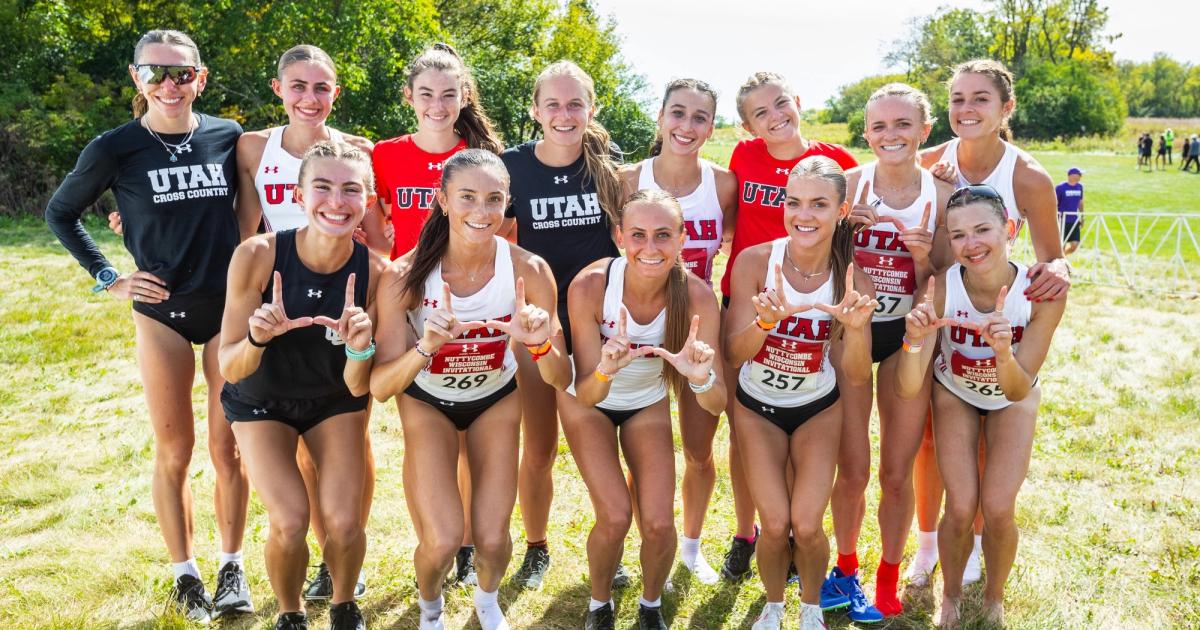
Courtesy Utah Athletics
Jasmine Fehr: To start us off, can you share your excitement for the remainder of the season as you build off last year's 13th place finish?
Kyle Kepler: I think we've got a talented group, a great mix of young and old. We've got a couple of returning All Americans and a couple of gals who've run at the World Cross Country Championships for another country. Then we've got some youngsters beyond that. It's a great mix and a great team environment. They're all in it for each other.
We've got depth and we'll probably need it. I think a lot of people are looking at the front group – but as a coach, I have to look at the whole group. When you have nine women within 62 seconds of each other over a 6K, you usually feel pretty good about that – especially if the front group is running as well as we were running [at the Dellinger Invite].
Over the past few years, the team has had an awesome progression. What factors do you attribute that to and where do you see the team progressing to this year?
It’s just about great women. I can only give them as much as they show they can handle. I don't think there's any one key thing or ‘We're doing this and nobody else is’ – it’s just getting to know your group and creating great relationships with them. We've got a great support staff around us: my assistant coaches, the nutritionist and the sports psychologist for the well-being side of it, or the lifting and strength and conditioning program.
So it’s lots of things, but ultimately it's about bringing in great women who are all wanting the same thing and working hard to help each other attain it. And in the process, they get better individually as well.
"I don't think there's any one key thing or ‘We're doing this and nobody else is’ – it’s just getting to know your group and creating great relationships with them."
It's always going to start from the group itself and their motivation to work hard for each other. There are so many factors that go into it like you said: the lifting, the nutrition, the consistency.
How would you describe your coaching philosophy and how has it changed throughout your career?
This is my 27th year of coaching Division I, so it's changed quite a bit. My philosophy: I don't borrow, I just steal. I steal stuff that works for us – whether it's going to the different clinics or symposiums at the coaches' convention, or just talking to other coaches. Some of it's been trial and error. We're trying to get a good balance of things, whether it's race pace, threshold, tempo, progression, or just having the right number of miles and aerobic training for everybody because we have a wide variety of that.
It's not like everybody comes in and we all run “x” number of miles. Some kids come out of high school running 30 miles a week and trying to ask them to double that as a freshman is overwhelming. You're probably going to lead them to injuries more often than you're going to have a great amount of success. Certainly there are some that can handle that, but they've got to prove it to me by staying healthy. If we're going back and forth on injuries, then we've got a whole other equation to deal with. We've avoided – knock on wood – a lot of big injuries. Every program will have some things pop up. We're certainly not perfect but we do our best, working with our support staff to help these women stay as healthy as they can and get them all the support they need.
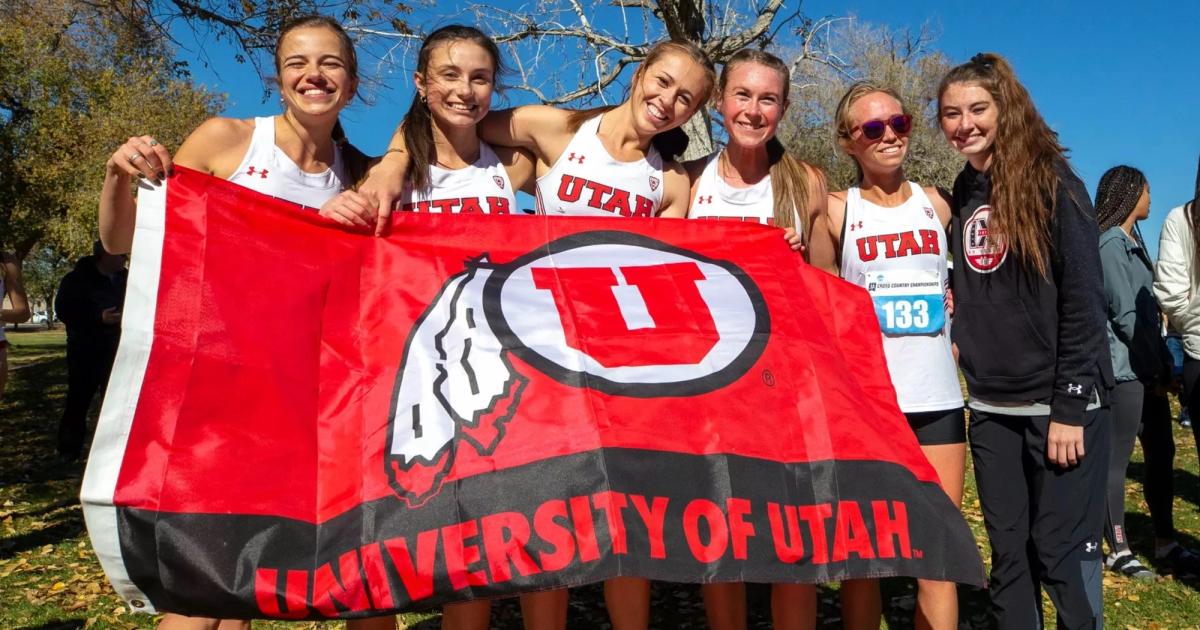
Courtesy Utah Athletics
Totally – if you can avoid injuries and train consistently, that's going to be where you see the biggest gains.
When you’re recruiting, are there certain characteristics that you look for in athletes? What guides your process?
Recruiting is different in each place. We have a bunch of majors here. It's an unbelievable academic school. So you start there and make sure that it's the right fit that way. But then you've got to have people that want to come to altitude. It’s something they have to want because you can't force that on them.
We start locally and spread out from there. I'm a big believer that track and cross country are world sports. They're not just sports we have here in the U.S. so we've always had a fraction of international athletes in our program. A lot of them have worn their country's name on their jersey like many U.S. kids would like to do here, whether it's qualifying for the Olympics or an under-20 team or whatever it might be.
I think those experiences are vital to our women here in helping them progress and learn about championship-style racing. The NCAA cross country championships or the finals on the track are the next closest thing to that type of racing and those things apply.
I really enjoy having diversity and different cultures in our program. I think it's important on a human level – how to deal with people from different places and different ideas. So there are some life things that go well beyond the running piece of it too.
It’s also about talent. We want to have a group of women who are excited to be around each other, enjoy running together, learning together, and improving together.
"I really enjoy having diversity and different cultures in our program. I think it's important on a human level – how to deal with people from different places and different ideas."
In terms of building team culture and a positive environment, what do you prioritize most?
We just talk about it. We try to be as open as we can as often as we can. We use every team meeting as a reason to talk about it. I'm not a big buzzword guy – you don't hear me use ‘culture’ or ‘grit’ very often. I’m a little more old school, so I use ‘environment’ as my word for culture.
If there is an issue, we jump on it right away. It's human nature that somebody is going to disagree with somebody. We have a variety of people in this program and they come from different backgrounds. Sometimes it's just simple misunderstandings that need to be talked about. Other times we have more in-depth meetings about certain things. And that's okay, it’s how people learn. Sometimes those things are more about the learning for later in life than they are for what's going on right here in front of us.
It's really just communication, not being afraid to talk about it, and not thinking it's taboo to talk about our environment as often as we can.
"Sometimes those things are more about the learning for later in life than they are for what's going on right here in front of us."
Looking back on your coaching career, do you have a favorite memory that sticks out to you?
Literally on the way to [the Dellinger Invite], we were going through security at the airport and I turned and there was Alyssa Abbott, who was one of our first outstanding athletes in our program. She's from Reno, Nevada and her family was here in Park City on fall break. I got to see her two young kids and her husband, who I've known since they were dating in college. Almost 20 years ago, she was one of my first big-time recruits: she was an NCAA qualifier in cross country, our first individual in my time here.
There are moments like that in an airport or when you get a text from some of those gals from 15 or 20 years ago who just can't believe where we're at.
From a team perspective, I can't help but look back to 2015 – that was the first year we qualified for NCAAs as a team.
I love what you said about the athletes you get to know along the way and these relationships that carry on after college. It’s not like they graduate and you never hear from them again.
The Mountain Regionals in Reno is where Alyssa’s from and where she's living now. So she and her whole family are going to be out cheering on the Utes. That's just full circle. It's pretty special.
That just epitomizes this program. We've got former athletes all over the country. Whether you see them in an airport, talk to them on the phone, or get a quick text or an email. I was at Grayson Murphy’s wedding and there were several former athletes there and we had to get a group picture with all Utes. Those are the things that really make this special.
Yes, it's when the gals are here and performing at a high level. But even as they've gone on in life, whether they're super successful as an entrepreneur, teacher, doctor, professional runner, and [starting] families. Those are all really special.
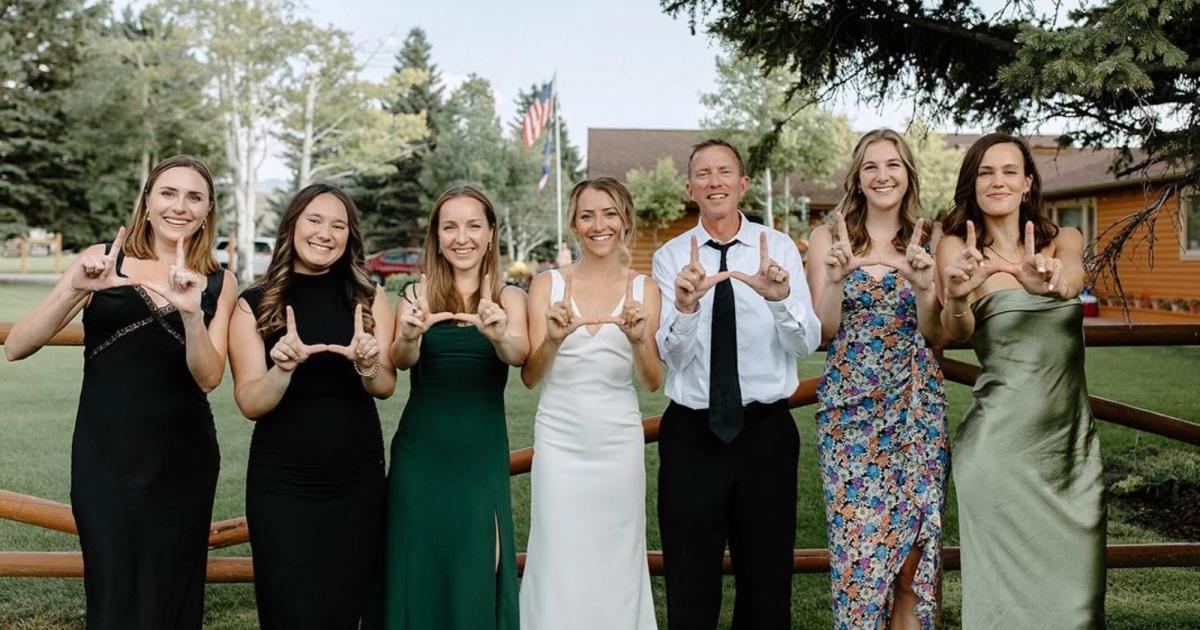
Courtesy Grayson Murphy / @racin__grayson
Something I'm curious about: we see a lot of coaching turnover in the NCAA. It's not very common to see a coach stay with the same program for decade after decade. What’s kept you at Utah? What do you love most about it?
I'm a little old school and I grew up in the 80s. My high school coach, that was his only stop. He stayed in the high school ranks and coached at one high school his whole career for 25 or 30 years. Then I ran at Northern Iowa under Chris Bucknam, who was probably going to be there forever until John McDonnell decided to retire and Arkansas came calling. Some of the most successful coaches I've been around growing up had been in the same place for a really long time.
Maybe it goes back to my 12 years at Northern Iowa as a student-athlete and then a coach when I think I moved ten times. So I got sick of moving. Then I met my wife and we've got kids; her family's [in Utah] and she grew up in this area, so I just really enjoy it. I've loved living out here, there hasn’t been a reason to leave, and there hasn't been a better opportunity. Utah has given me all the things I've needed.
It's taken time for me to develop into the best version of myself and [Utah] has allowed me to do that. Most of the jobs in this particular sport aren't as high-pressure as they are in other sports at each university, so I'm very thankful for the administration over the course of these 20 years who have allowed me to grow and find myself. I've been fortunate to have had some good assistants along the way
It's an easy place to live with a ton of outdoor activities and things for my kids to do – it's been a great place and a great university.
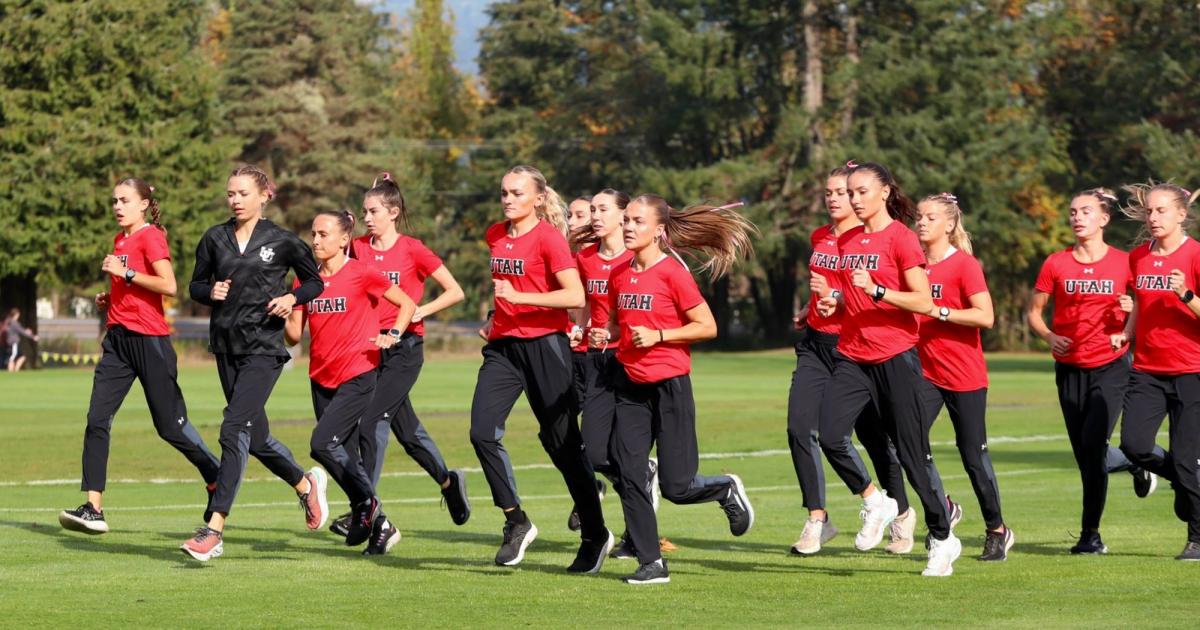
Courtesy Utah Athletics
It sounds like a special place to you and a great place for runners to come and train!
To finish things off, what are you most excited about for the rest of the season and how do you hope to continue growing the program?
For the rest of the season, we just want to be in the conversation. The number in front of our name doesn't matter because nobody really knows until you get [to the NCAA Championships]. You’ve got to make your way to Madison on November 23rd and then you’ve got to deal with that day and everything that leads up to it. I think with the experience that we have with the gals in this program, we can do that at a pretty high level. But we've got to get there and we've got to continue to prove that day in and day out. I don't think we know exactly who our seven on that day are going to be right now – if you're a really good program, you don't know that yet.
As far as the future – We're just going to keep trying to do what we’ve been doing. We've all got this future in front of us that we're not sure of because of some lawsuits with the NCAA. Nobody really knows the answers to all of the stuff right now, including us. We'll handle that as we need to moving forward, because nobody expected the pandemic to hit either and we all had to deal with that. Change is chaos and the people that embrace it are going to move forward and the people that don’t are going to fall behind. The biggest part is embracing any impending changes, not getting stuck in our ways, and continuing to evolve and advance. I think that's how we'll continue to improve and keep climbing here at Utah.
"But we've got to get there and we've got to continue to prove that day in and day out. I don't think we know exactly who our seven on that day are going to be right now – if you're a really good program, you don't know that yet."
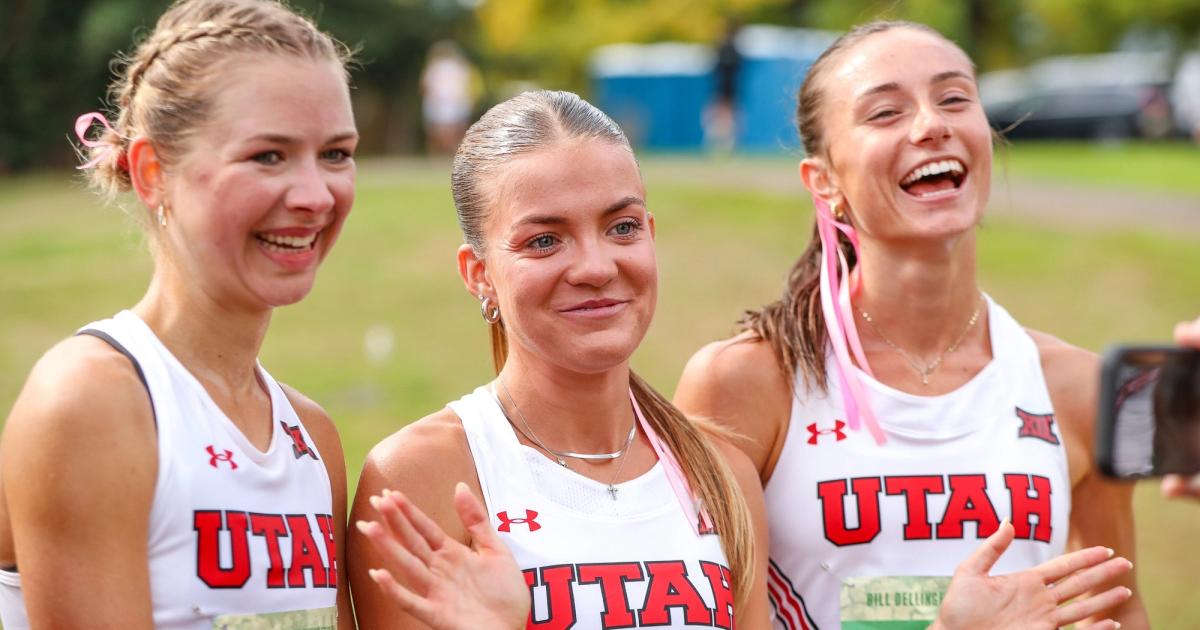
Courtesy Utah Athletics
I love what you said about not knowing who your top seven are going to be yet. You don't just have your five scorers selected and ready to go; you have so much depth that it's going to depend on the day.
It's an ode to the team. It's an ode to my staff and everybody here that some tough choices are coming. Every program that's good has to make those choices; there's somebody that has to be an alternate and some people who still have some developing and growing to do. Hopefully we have the right kind of program where that continues to happen. As people continue to evolve and improve, they’ll know their time is coming.
What they've done this year is every bit as important and meaningful to wherever we end up at the end of this year and moving forward. It's not just about the five scorers or the seven runners at the NCAA Championship. It literally takes the entire roster to make this happen. And fortunately, we have a great roster
Thank you so much for joining us and good luck with the rest of the season. We'll be following along the results!
___________________
Keep up with all things track and field by following us across Instagram, X, and YouTube. Catch the latest episodes of the CITIUS MAG Podcast on Spotify and Apple Podcasts. For more, subscribe to The Lap Count and CITIUS MAG Newsletter for the top running news delivered straight to your inbox.
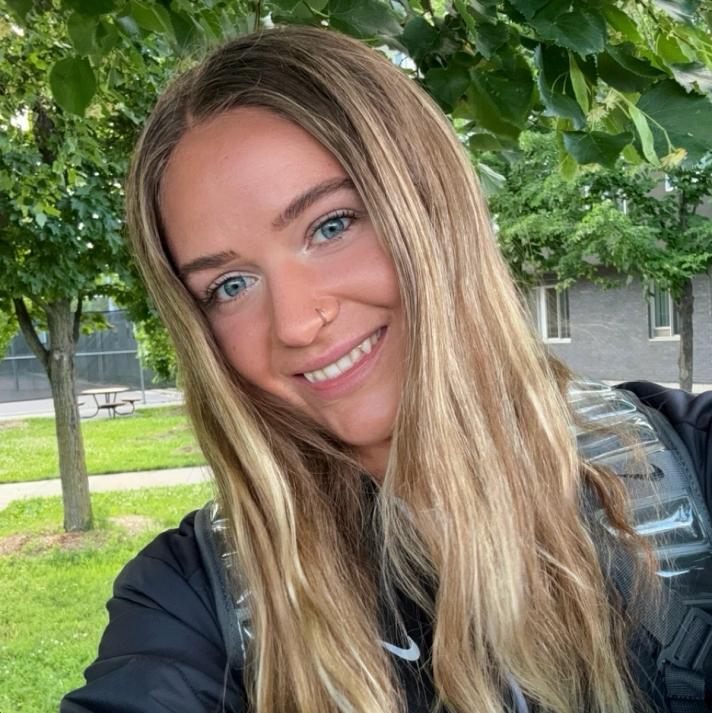
Jasmine Fehr
Jasmine Fehr produces the CITIUS MAG Podcast, manages our website, and shares content across our socials. She’s a marathon runner training in Flagstaff, Arizona. Her collegiate running career spanned the University of Portland and the University of Tennessee, where she earned a Bachelor’s degree in Psychology and Master’s degree in Communications.
